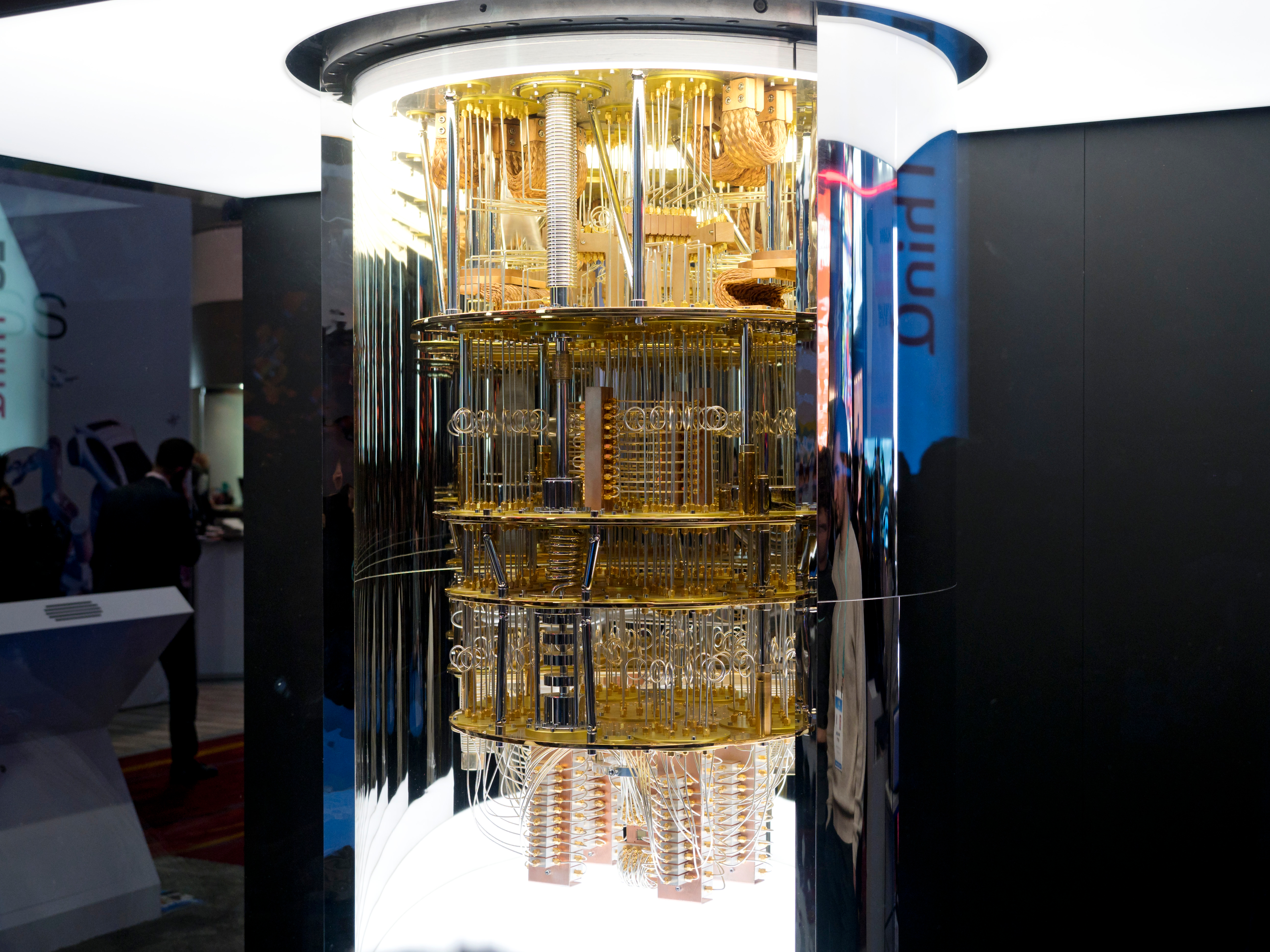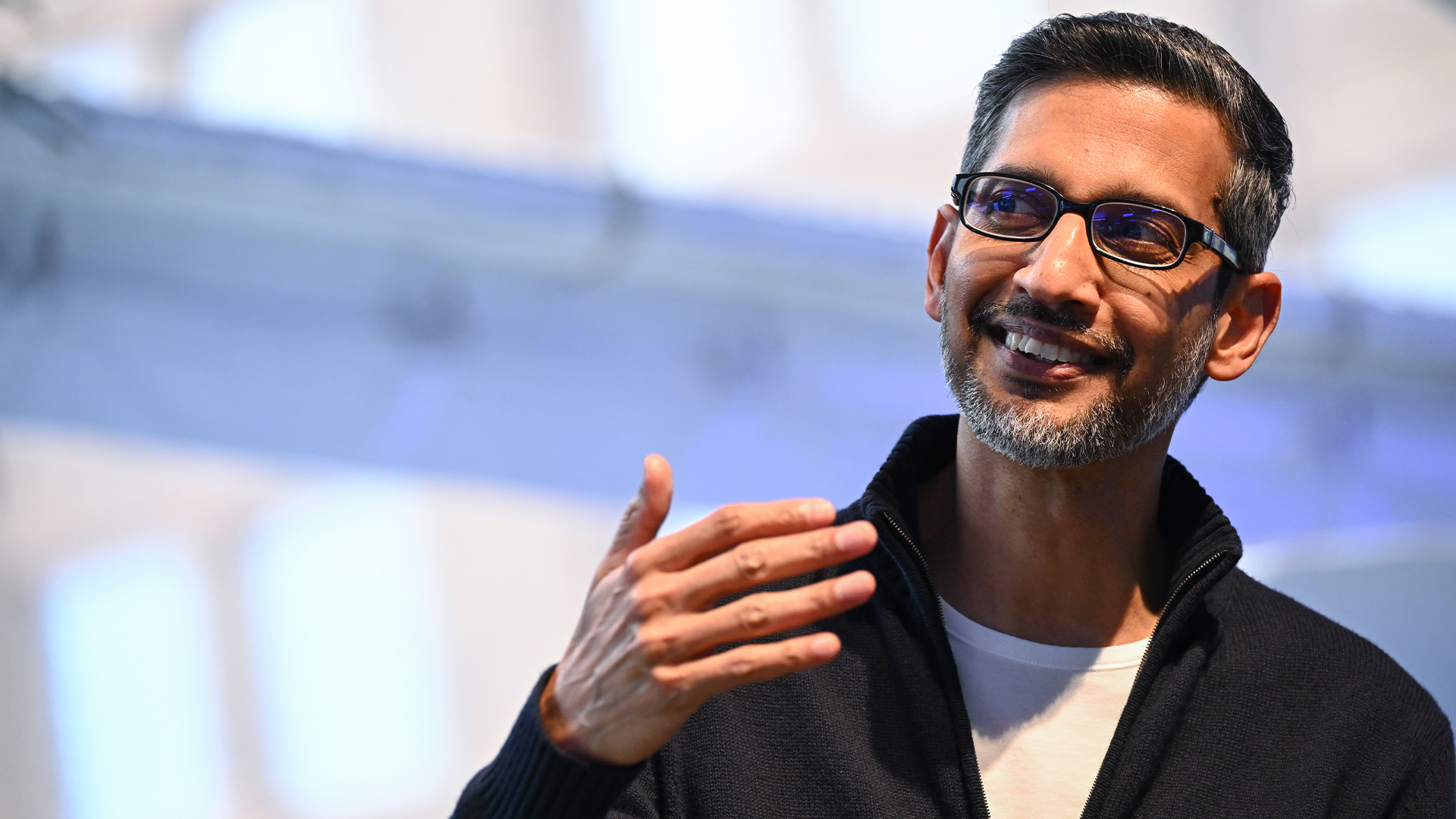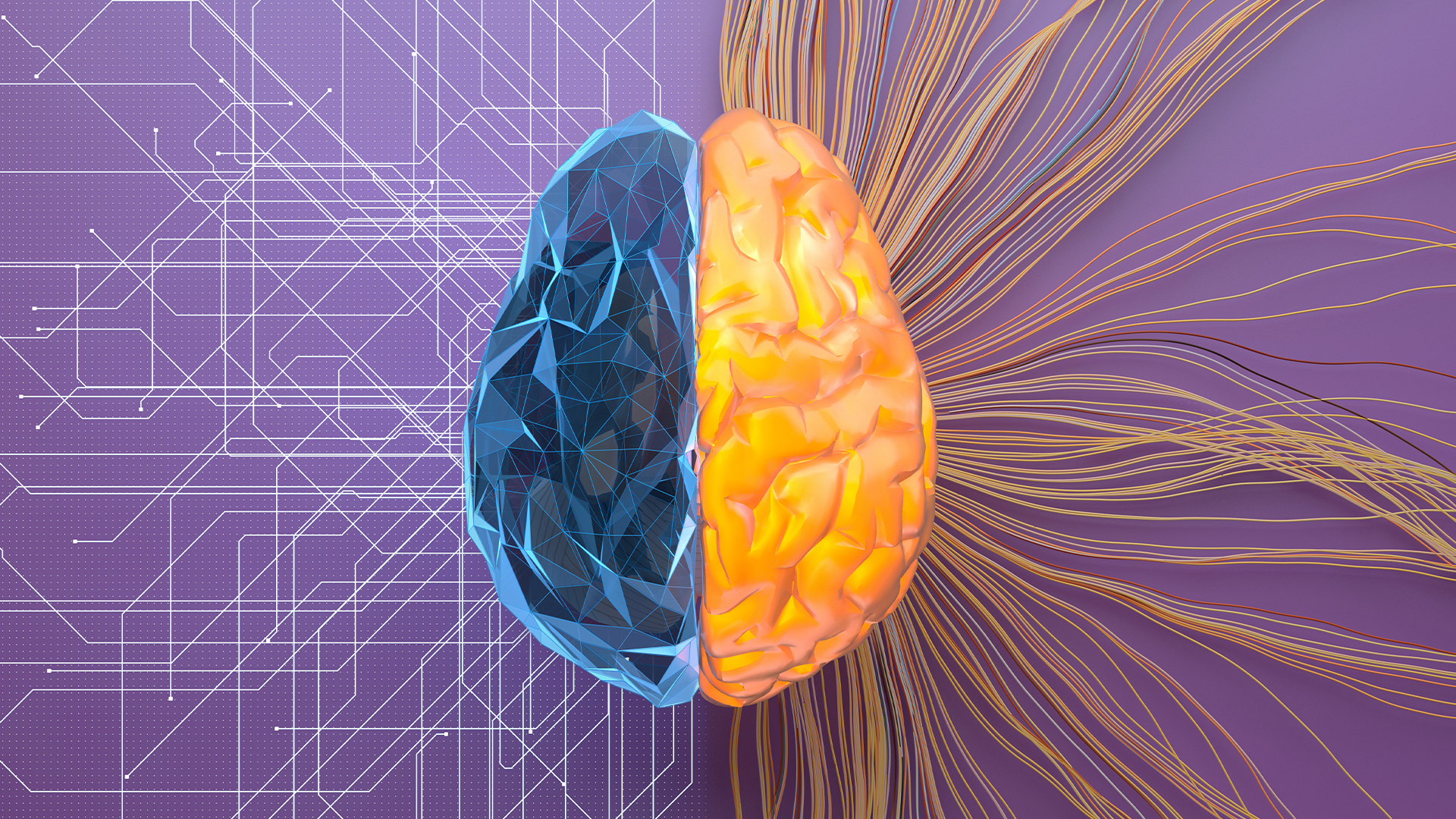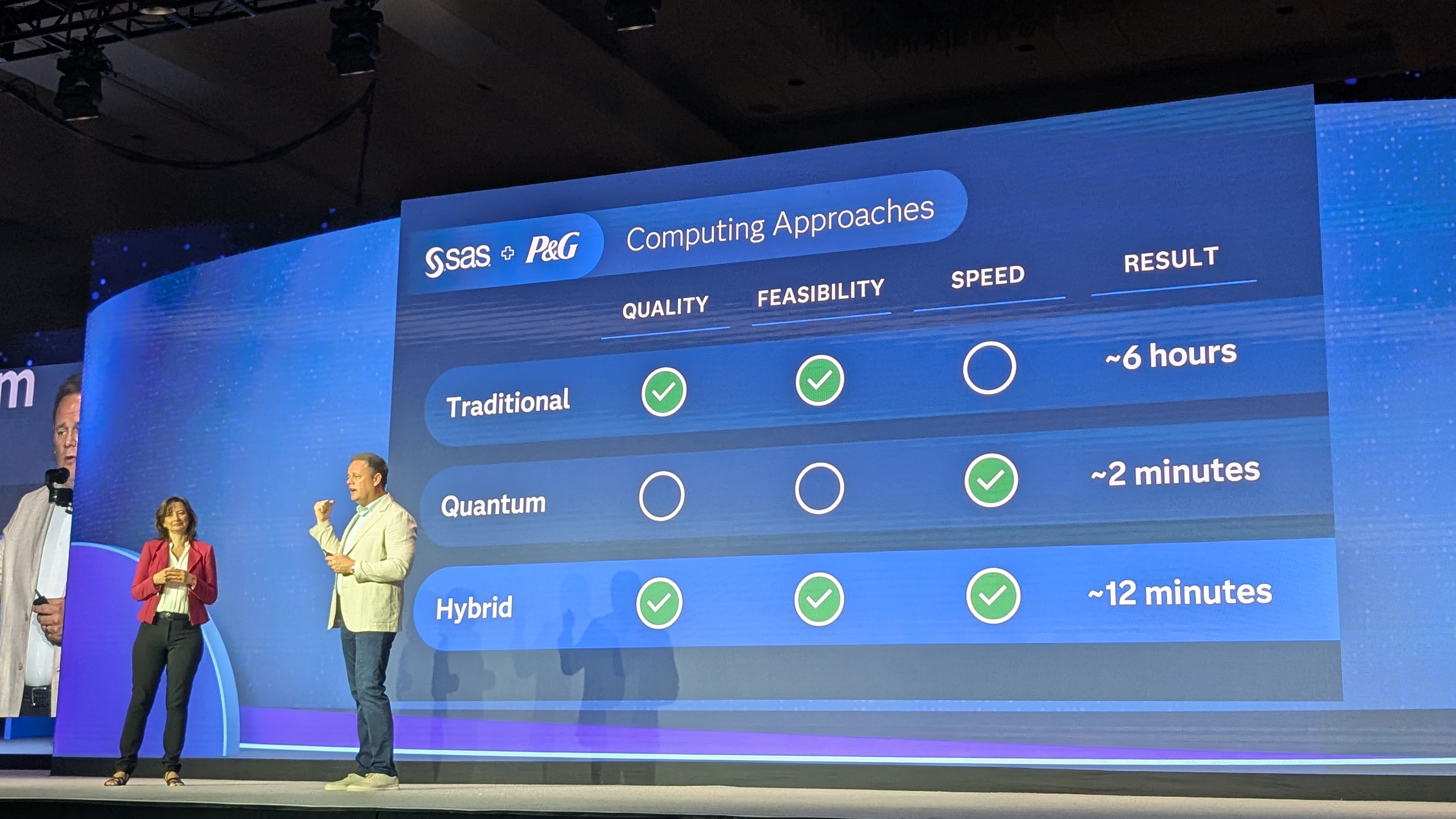Q-CTRL’s new AI toolset allows quantum computers to self-optimize
The toolset runs on Q-CTRL’s flagship BOULDER OPAL software

Q-CTRL has announced a new AI-based toolset to facilitate the unassisted performance optimization of quantum computers.
By and large, quantum algorithms are susceptible to errors, creating a substantial barrier to progress and advancement in quantum computing. Q-CTRL’s new automated closed-loop hardware optimization tool uses custom AI agents to run quantum algorithms, resulting in fewer errors and better overall performance for end-users.
Integrated with Q-CTRL’s flagship BOULDER OPAL software for developers and R&D teams, automated closed-loop hardware optimization is also trained to obtain new experimental data/results from quantum computers while simultaneously running optimizations for algorithms. It can be used as a standalone tool or in tandem with a machine-learner online optimization package (M-LOOP) that manages quantum experiments autonomously.
Users can also use the Q-CTRL Python package to manually send batch requests to experimental apparatus for running multiple tests in quick succession.
Q-CTRL had previously demonstrated its novel quantum technology on an IBM quantum computer, resulting in quantum logic gates for individual qubits (or quantum bits) with up to 10 times better performance than standard logic gates. Q-CTRL’s custom AI agent could also detect new multi-qubit gates autonomously with up to two times lower error-rate.
"Just like software abstraction on conventional computers enables programmers to write algorithms without a need to understand how a transistor works, this tool makes it much easier for researchers to explore the potential of quantum computers," said Michael J. Biercuk, founder and CEO of Q-CTRL.
"Watching a quantum computer tune itself up with this tool and deliver quantum logic with lower errors than that achieved by the best hardware development teams in the world is quite amazing. We believe it will accelerate the development of quantum computer hardware and applications, pushing the industry closer toward delivering real-world business value,” Biercuk added.
Sign up today and you will receive a free copy of our Future Focus 2025 report - the leading guidance on AI, cybersecurity and other IT challenges as per 700+ senior executives
-
 Microsoft unveils Maia 200 accelerator, claiming better performance per dollar than Amazon and Google
Microsoft unveils Maia 200 accelerator, claiming better performance per dollar than Amazon and GoogleNews The launch of Microsoft’s second-generation silicon solidifies its mission to scale AI workloads and directly control more of its infrastructure
-
 Infosys expands Swiss footprint with new Zurich office
Infosys expands Swiss footprint with new Zurich officeNews The firm has relocated its Swiss headquarters to support partners delivering AI-led digital transformation
-
 IBM is targeting 'quantum advantage' in 12 months – and says useful quantum computing is just a few years away
IBM is targeting 'quantum advantage' in 12 months – and says useful quantum computing is just a few years awayNews Leading organizations are already preparing for quantum computing, which could upend our understanding of linear mathematical problems
-
 Sundar Pichai thinks commercially viable quantum computing is just 'a few years' away
Sundar Pichai thinks commercially viable quantum computing is just 'a few years' awayNews The Alphabet exec acknowledged that Google just missed beating OpenAI to model launches but emphasized the firm’s inherent AI capabilities
-
 Future-proofing cybersecurity: Understanding quantum-safe AI and how to create resilient defenses
Future-proofing cybersecurity: Understanding quantum-safe AI and how to create resilient defensesIndustry Insights Practical steps businesses can take to become quantum-ready today
-
 Large enterprises could be wavering on AI adoption
Large enterprises could be wavering on AI adoptionNews AI adoption rates have dipped, but it's probably nothing to worry about for IT leaders
-
 IBM and AMD are teaming up to champion 'quantum-centric supercomputing' – but what is it?
IBM and AMD are teaming up to champion 'quantum-centric supercomputing' – but what is it?News The plan is to integrate the two technologies to create scalable, open source platforms
-
 SAS thinks quantum AI has huge enterprise potential – here's why
SAS thinks quantum AI has huge enterprise potential – here's whyNews The analytics veteran has shone a light on three crucial quantum partnerships, as it warns organizations must innovate or fall prey to new threats
-
 The UK government wants quantum technology out of the lab and in the hands of enterprises
The UK government wants quantum technology out of the lab and in the hands of enterprisesNews The UK government has unveiled plans to invest £121 million in quantum computing projects in an effort to drive real-world applications and adoption rates.
-
 ‘This is the first event in history where a company CEO invites all of the guests to explain why he was wrong’: Jensen Huang changes his tune on quantum computing after January stock shock
‘This is the first event in history where a company CEO invites all of the guests to explain why he was wrong’: Jensen Huang changes his tune on quantum computing after January stock shockNews Nvidia CEO Jensen Huang has stepped back from his prediction that practical quantum computing applications are decades away following comments that sent stocks spiraling in January.